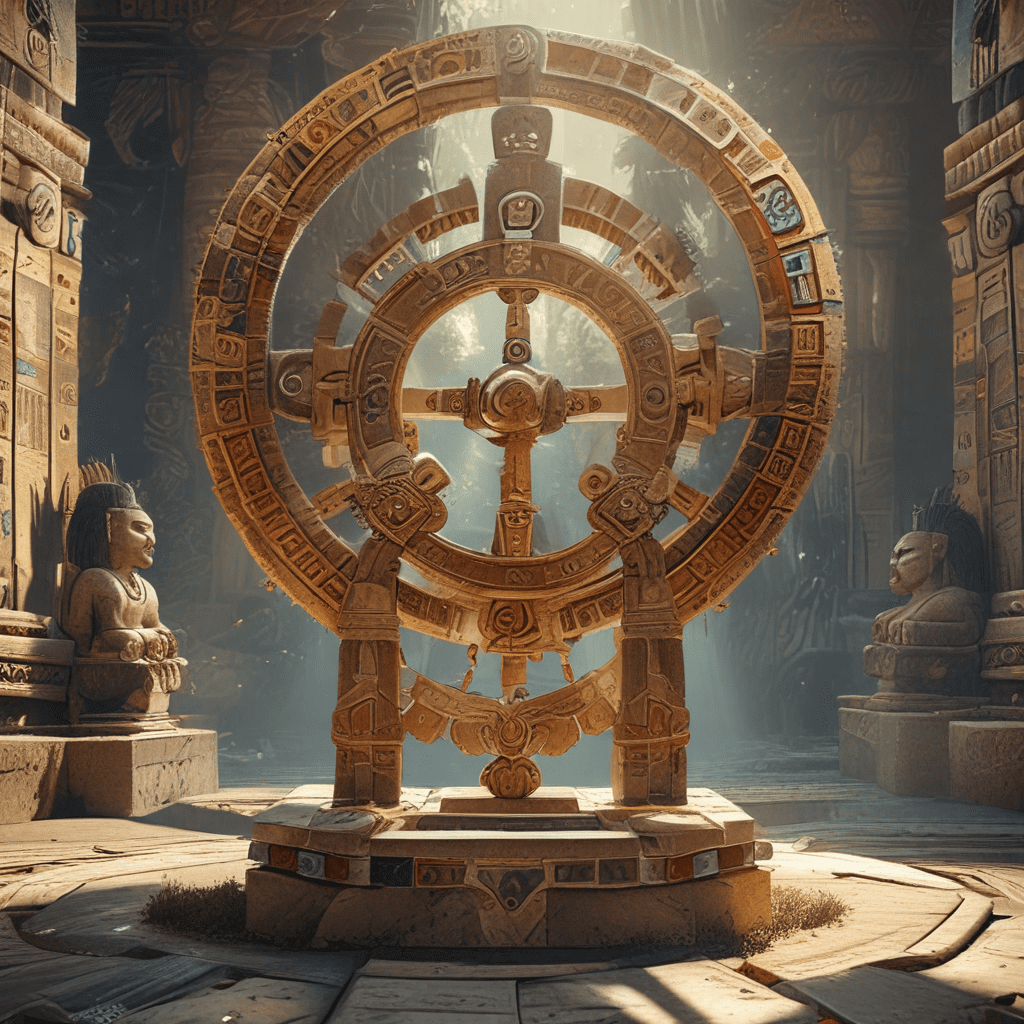The Myth of the Great Journey: Morality in Exploration
1. Introduction: Understanding the Great Journey
The term “Great Journey” in the context of exploration refers to the significant voyages undertaken by explorers throughout history, which have often been depicted as noble quests for knowledge and discovery. These journeys have shaped our understanding of the world, leading to new territories being mapped and cultures being encountered. However, the historical significance of these explorations is accompanied by complex moral implications that cannot be overlooked.
Exploration has often been framed as a great adventure, a pursuit of truth and understanding. Yet, it is essential to analyze the consequences of these journeys and the ethical considerations that accompany them, particularly as they relate to the cultures and communities encountered along the way.
2. The Romanticization of Exploration
Exploration has been romanticized in literature, film, and other forms of media. Works such as Jules Verne’s novels and Hollywood films depict explorers as heroic figures, driven by an insatiable curiosity and a desire to uncover the unknown. This portrayal has a profound impact on public perception, often leading to an uncritical view of exploration as a purely positive endeavor.
- Influence of Literature: Books often highlight the bravery and perseverance of explorers, downplaying the darker aspects of their journeys.
- Media Representation: Films and documentaries tend to glorify the achievements of explorers, focusing on their discoveries rather than the consequences of their actions.
This romantic narrative shapes the collective memory of exploration, leading to a simplified understanding that overlooks the moral complexities involved.
3. Exploration and Colonialism: A Moral Dilemma
Historically, exploration has been intertwined with the expansion of empires. The journeys of explorers often paved the way for colonization, resulting in the oppression and exploitation of indigenous peoples. Notable examples include:
- Christopher Columbus: Celebrated for his voyages to the Americas, Columbus’s expeditions initiated a wave of colonization that led to the suffering and subjugation of native populations.
- David Livingstone: While often viewed as a humanitarian, Livingstone’s explorations in Africa contributed to European imperial interests that had devastating effects on local communities.
These case studies illustrate the inherent moral dilemma of exploration, where the quest for knowledge and discovery is often overshadowed by the realities of colonial oppression.
4. Cultural Encounter: Exploration vs. Exploitation
The interactions between explorers and indigenous peoples can be characterized as both encounters and exploitations. While some explorers sought to learn from the cultures they encountered, many imposed their values and systems upon these communities, leading to:
- Cultural Misunderstandings: Explorers often misinterpreted indigenous practices and beliefs, leading to conflict and mistrust.
- Exploitation of Resources: Many explorations prioritized the extraction of resources over the well-being of local populations.
The consequences of such interactions have been far-reaching, often resulting in the loss of cultural identities and significant social upheaval.
5. The Role of Technology in Shaping Moral Perspectives
Advances in navigation and communication technologies have transformed exploration, enabling explorers to reach previously inaccessible areas. However, these advancements also raise ethical questions regarding their use. Some considerations include:
- Access to Information: Technology allows for greater awareness of the cultures and environments being explored, raising the responsibility of explorers to act ethically.
- Environmental Impact: Modern exploration techniques can lead to significant environmental degradation, necessitating a thoughtful approach to their implementation.
Explorers must navigate these technological advancements with a sense of responsibility, recognizing their potential impact on the world.
6. The Ethical Frameworks of Exploration
Philosophical perspectives on morality provide valuable insights into the ethical considerations of exploration. Key frameworks include:
- Utilitarianism: This perspective evaluates the moral worth of actions based on their outcomes, suggesting that the benefits of exploration should outweigh the harms.
- Deontology: This approach focuses on the morality of actions themselves, emphasizing the duty to respect the rights and dignity of all individuals encountered during explorations.
Explorers must consider these ethical frameworks when making decisions, ensuring that their actions align with moral principles.
7. Contemporary Explorations: New Frontiers and Moral Challenges
Modern exploration has expanded beyond Earth, reaching into space and the depths of the oceans. These new frontiers present unique moral challenges, such as:
- Space Exploration: Ethical considerations include the potential for contamination of other celestial bodies and the rights of future generations to access space resources.
- Environmental Concerns: Current explorations in the Arctic and ocean depths raise issues of environmental stewardship and the impact of human activity on fragile ecosystems.
These challenges require careful consideration to ensure responsible exploration that respects both the environment and the rights of indigenous communities.
8. Revisiting Historical Explorers: Heroes or Villains?
The legacies of famous explorers are often viewed through a romantic lens, but when analyzed critically, their actions can reveal a more complicated moral landscape. For instance:
- Ferdinand Magellan: Known for circumnavigating the globe, Magellan’s expedition led to violence and death among indigenous populations.
- Robert Peary: Celebrated for his expeditions to the North Pole, Peary’s interactions with the Inuit people raise questions about cultural respect and exploitation.
By reevaluating these historical narratives in light of modern ethical standards, we can gain a more nuanced understanding of exploration’s impact.
9. The Future of Exploration: A Call for Ethical Responsibility
As we look to the future of exploration, it is imperative to incorporate moral considerations into our exploratory practices. Key strategies for promoting ethical exploration include:
- Engagement with Indigenous Communities: Involving local populations in decision-making processes regarding exploration in their territories.
- Sustainable Practices: Implementing environmentally friendly practices to minimize the impact of exploration on ecosystems.
By adopting these strategies, we can foster a culture of ethical responsibility in exploration.
10. Conclusion: Rethinking the Great Journey
In summary, the myth of the Great Journey encompasses a complex interplay of exploration, morality, and historical consequences. By critically examining the narratives surrounding exploration, we can better understand its implications for both past and future endeavors. The ongoing relevance of morality in exploration is crucial, reminding us that our pursuits must always consider the impact on humanity and the planet.



